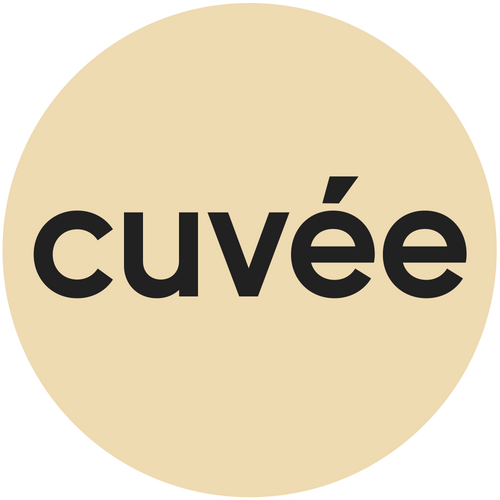Inside Bordeaux by Jane Anson
Written by the author described by Decanter as “the world’s most informed and accomplished expert on the wines of Bordeaux—bar none”, Inside Bordeaux is a masterwork in scholarship.
Containing over 700 pages of in-depth writing, maps that are almost alarming in their detail, and incorporating newly commissioned and (literally) ground-breaking research into Bordeaux’s terroir, Janes Anson’s work is, by a margin, the most up-to-date and scientifically informed book in the Bordeaux canon. Indeed, with the bar set so high, this is a book unlikely to be surpassed in our lifetime (unless there is a second edition)!
Anson has lived and worked in Bordeaux for almost 20 years, and Inside Bordeaux draws on her extensive knowledge of the region and its people, leaving no stone unturned. The book includes 20 appellation overviews, each providing a summary of the area’s history and wine styles, and detailed facts and figures. The author’s coverage of the Châteaux themselves is unusually wide-ranging (covering 800 properties), while also shining a light on the region’s oft-neglected corners of Fronsac, Lalande-de-Pomerol, Castillon and Francs, Bourg and Blaye, et al.
Even with all the producer coverage, the book’s core focus is on terroir and the role of climate and soil in the shaping of Bordeaux’s wines. Anson writes that the intention was to “start assessing Bordeaux in the way that we more typically do for other fine wine regions, such as Burgundy, Barolo, the northern Rhône—by its soils, and by how these individual soils react to different growing conditions year on year.” Such an important theme has never been subject to such detailed and accessible analysis.
To peel back these layers, the author enlisted the expertise of a team of renowned scientists at the very forefront of the research into this region, including internationally acclaimed scientist and professor at Bordeaux University, Kees van Leeuwen, viticulturist David Pernet, climatologist and winemaker Benjamin Bois, and geologist and terroir consultant Pierre Becheler. Their cumulative research was so far-reaching that the book’s scope almost doubled in size during its development.
Aside from its scholarly depths, the publishers have equally created a highly functional work, where you can quickly get to whatever information you are looking for. The maps (a number of which are fold-out) are impressive in their detail and ambition, giving us a chance to see the topography, soils and climate of Bordeaux in both a new light and a new level of detail.
To say this is a book no Bordeaux lover or student of wine should be without is of course an understatement. But the book also acts as a siren call to those of us who have strayed from the region, perhaps frustrated by Bordeaux’s static system of classification, arcane distribution structure, and the crazy prices of the most famous wines (of course many less-famous producers are now looking like great value!) Anson writes that Bordeaux winegrowers “no longer want to concede to Burgundy the moral high ground on terroir and are determined to prove that the concept in Bordeaux is not something frozen in 1855, and that instead the interplay between grape, soil, climate and man is becoming ever more refined.”
Bringing a new perspective to what is still the world’s most famous wine region, this just might be the book to help give Bordeaux back to the people. This in itself is a feat, but writing such a comprehensive book that also reveals the terroir of the region like never before is next-level. Inside Bordeaux is a remarkable achievement and we recommend it highly.


